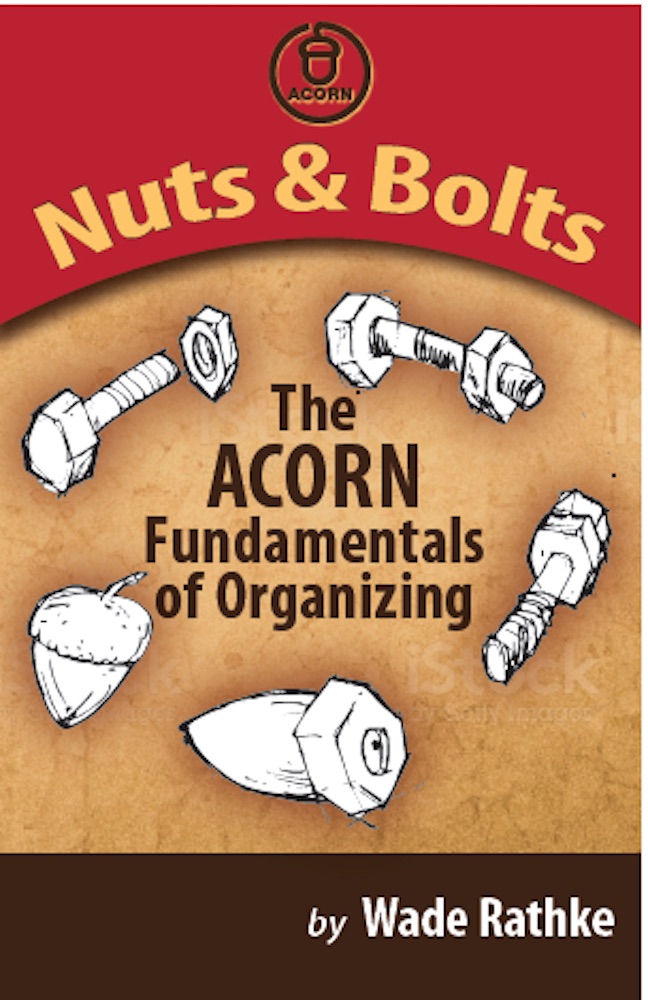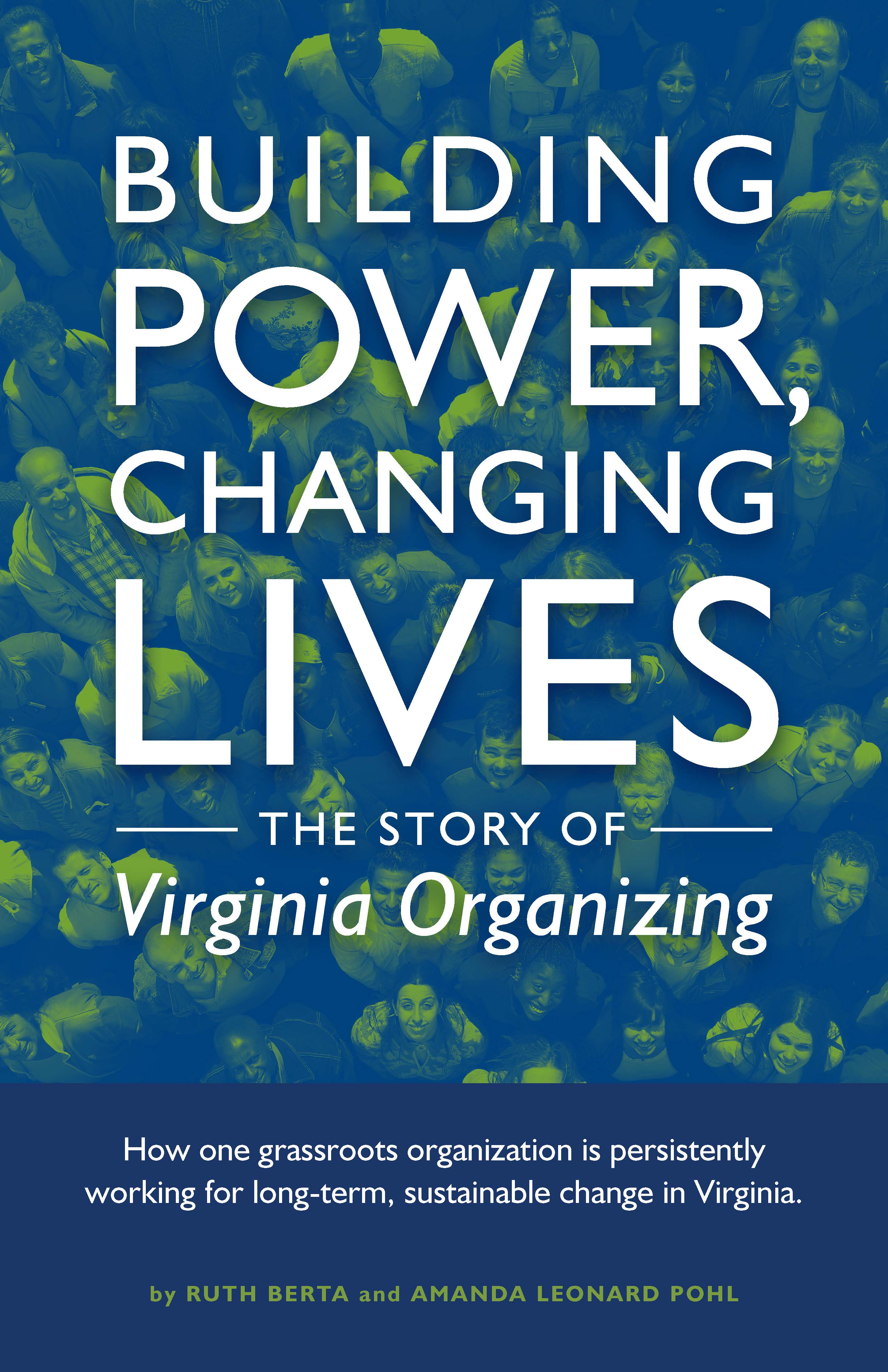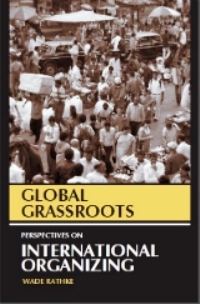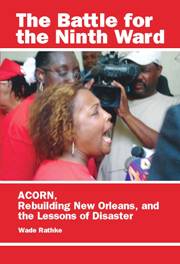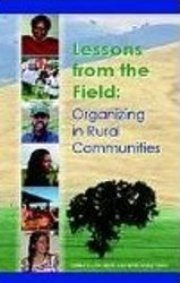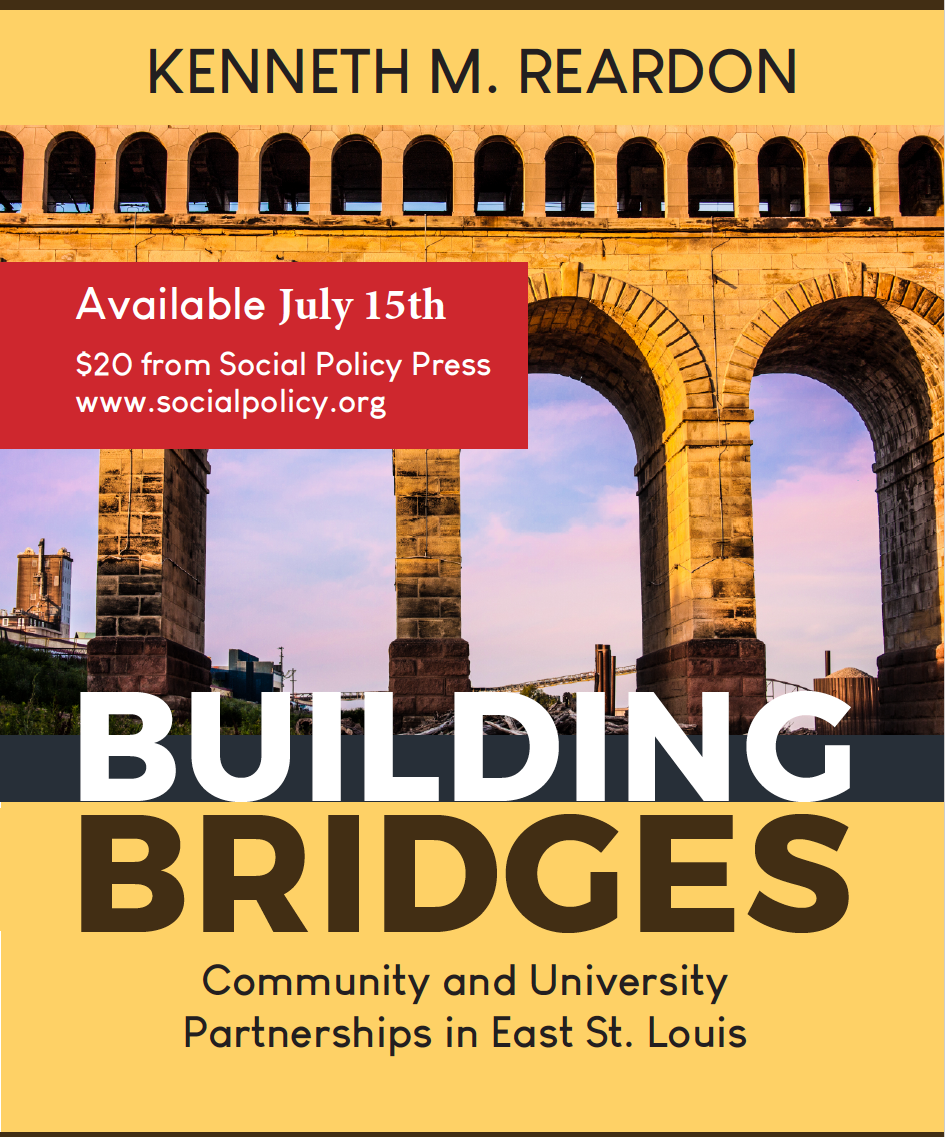EXCERPT - Organizing Fundamentals
Written by George Goehl
From Fundamentals of Community Organizing
Introduction
I had two jobs. One as a cook at a soup kitchen. The other as a live-in staff at a group home for people who were struggling with mental illness and homeless. I needed the work and was proud of it. But the soup kitchenline kept growing, and so did the number of people without housing.
We started to organize, or at least try. Then, we met an organizer named Mike Evans. He was the first to tell there was a methodology to organizing. He gave us copies of Shel Trapp’s Basics of Organizing, a pamphlet that spelled out how to get started: Knock on doors and listen for issues, keep an eye out for people with certain leadership qualities, turn problems into specific demands, identify a target who could, if properly motivated, say yes to your demand, and so on.
What once seemed mysterious, now made sense. We were off and running. That was 1994.
For some newbies from Southern Indiana, Basics of Organizing and pamphlets like it were a lifeline to the craft. I wanted to pay that forward, so wrote Fundamentals of Community Organizing. In it I spell out a few dozen fundamentals that have been a bedrock for me and many others. I hope it can be helpful to today’s organizers like Basics of Organizing was to me thirty years ago.
Here are some fundamentals
Organizing Is More than Activism
You have not chosen the quickest path to power. I hope you know that. You could build power for yourself more quickly if you won an elected office or became a social media star. Instead, you have decided to do something different: to build the power of many people, with many people. It is simply a different thing.
Activism is in vogue these days and we’re better for it. But let’s not mistake activism for organizing. An activist is active in the fight, maybe even leads in it. An organizer develops the power of others within that fight. Often one by one, sometimes many at a time. You do many things in this work, but if you are not developing other people, you are not organizing.
If you are developing others, when you are done, there will be victories people can point to, yes, but also souls changed in ways everlasting. That’s what most separates organizing from activism.
All Organizing Is Reorganizing
Power is organized in a specific way—whether in a neighborhood or school; a city or state; a sector of the economy. The way power is currently organized is most often not good for a specific group of people. That group could be people with low incomes, people of color, women, rural people, disabled people, or working-class people who have all kinds of other identities.
Say we are preparing to build a new organization in a city. Chances are that real-estate developers run the show. They plan to divest in some areas and gentrify others and are working in tandem with elected officials to have their way. We will find that districts are drawn to protect the status quo, and working-class people have been divided along racial lines. This arrangement is not random. It has been organized for the benefit of the few, at the expense of the many.
Organizers are here to disorganize this configuration of power and reorganize it into something more just. To do this, we grow the power of people who have been on the receiving end of evil acts and reduce the power of those perpetrating them. All organizing is reorganizing.
Seize Openings
Reorganizing can take years, sometimes generations. Then there are moments that invite us to rethink how the whole thing works.
Much of the best organizing happens inside a crisis: an immigration raid in a small town, a financial crash that stretches across the globe, a climate disaster anywhere.
Crises are awful. People are in great pain, systems have failed them, and if there is an immediate rush of compassion, it often fades, and people are left asking hard questions. If there’s a silver lining, it is that people are receptive to organizing and rethinking things like never before. This is an opening.
Openings emerge through winning too. When we elect a movement candidate, pass a law that gives communities more leverage, or spark an awakening that opens new space to organize, we have improved the context for all our organizing. We see, spark, and seize openings.
I’m not suggesting you pivot with every shift in conditions. If you did, you would drive lots of people mad along the way to nowhere. But do have an eye for when a change in conditions inspires people to rethink old arrangements. When those openings align with what you seek to move, be prepared to clear the calendar, scrap the old plan, and walk through the newly opened door. Reorganizing just became more possible.
You’re an Organizer, Not a Facilitator
The community needs more than a great facilitator, they need a great organizer. You listen, yes. You start where people are, yes. You also get to have an opinion. You are an organizer recruited by or deployed to the community to bring the best counsel on how to get it done. Do not reject this responsibility, own it.
It is essential that members of the organization hold power and make decisions, but this does not mean you are an impartial actor. The people screwing over the community have talented, trained people who advise them. You are that person for the community, blessed to have learned about and have a knack for organizing. Bring that to the table, without apology. Acting as if you are a passive participant is disingenuous and serves no one.
Notice when you are tracking the currents, but not seeking to move them. Instead of wise counsel from an organizer, we hear, “It’s not my place” or “This is a member-led effort.” Many times, these statements are legit, but they are just as often cover for someone being unwilling to put an idea on the table and back it up.
If you start feeling like you‘re too much of a facilitator and not enough organizer, explore what’s underneath that, trust your gut, and adjust.
George Goehl has been organizing for 30 years. Today he is an organizer with Addition, which launches new working class organizing from scratch, trying to reach and build power with people often overlooked or written off by progressive organizations. The pamphlet can be found at www.fundamentalsoforganizing.org



